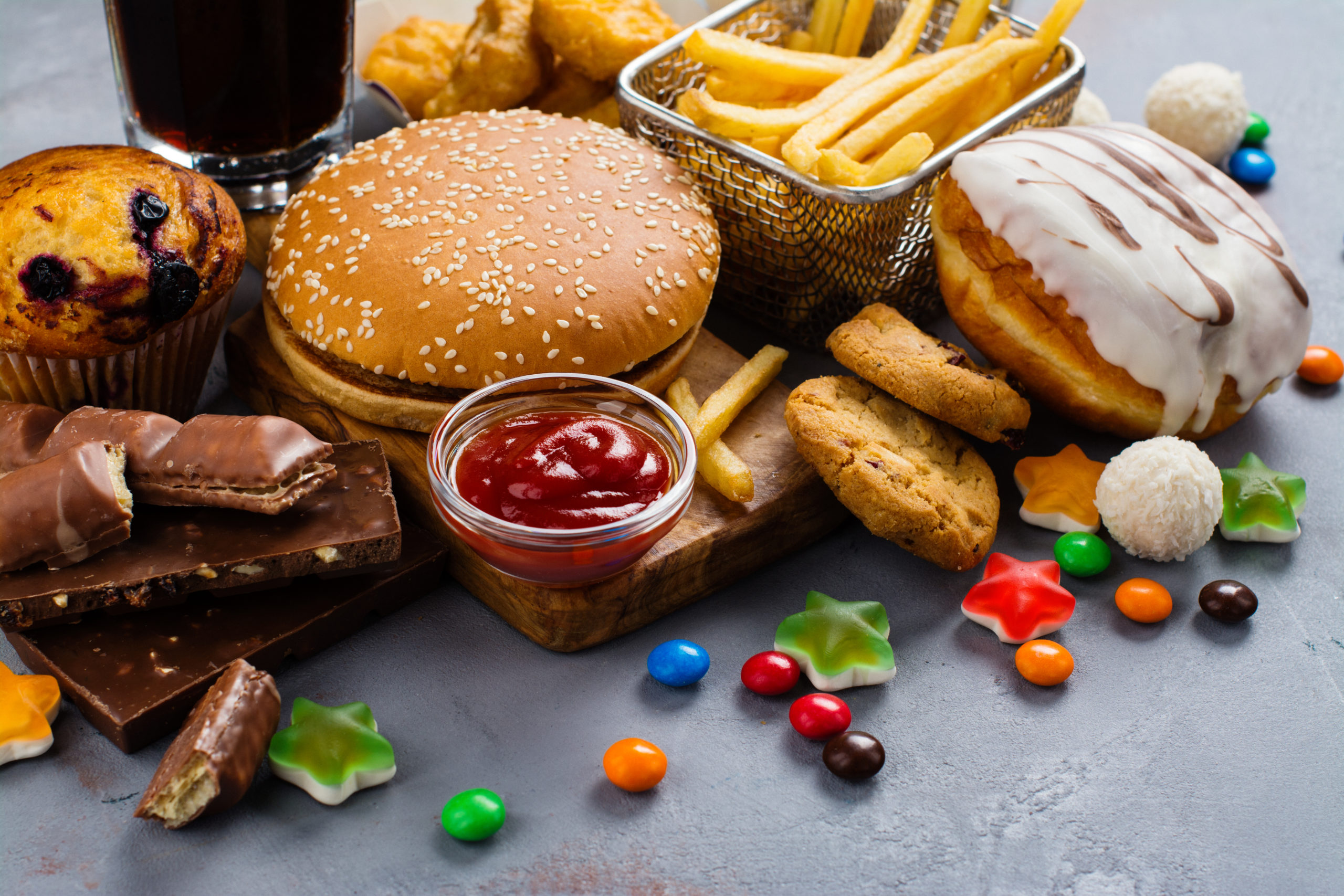Are You An Emotional Eater?
When I say the words “emotional eater,” I don’t just mean digging into a bowl of ice cream when you’re feeling sad. It’s far more complex than that: Even if you don’t think it’s the case, your feelings may be dictating your dietary decisions.
Take being busy, for example. When we are busy, it is easy to become stressed. And in both those emotional states, it’s very easy to become disconnected from our physical and biological cues.
We tend to become impatient and look for immediate sustenance — and that leads us to eat foods in response to emotional triggers rather than in response to physiological needs. As a result, we end up consuming foods that are high in calories and low in nutrients.
Here are some important things to pay attention to when your hunger hits.
All these factors indicate that you’re eating based on emotion instead of truly eating to live:
- Is your hunger the result of feeling stressed, upset, bored, lonely or sad?
- Do you eat absent-mindedly without paying attention to satiety or your nutritional needs?
- Do you frequently make impulsive food choices that you later regret?
- Do you feel guilty after eating?
If you answered “yes” to any of those questions, your emotions are influencing your eating decisions more than you might think. Relaxation, reducing stress, curbing sugar, increasing physical and emotional awareness, and developing a sense of meaning about the foods you eat can all help decrease emotional eating patterns.
So, where do you begin?
Cultivating healthier eating habits begins with recognizing true hunger, connecting to the sense of fullness after eating, and being fully present when eating. Read my blog post about combating food cravings to learn what’s really going on when your body sends hunger alarms. Instead of struggling against those impulses, it’s important to know why they exist, how they can be curbed by eating healthy high-fiber foods, and what your body is really telling you in terms of the nutrients it needs.
One important part of eliminating emotional eating is to slow down! Did you know that it takes 20 minutes for the gut to communicate to the brain that it has had enough to eat? Avoid eating while driving; it decreases digestion and increases stress on the body. Healthier eating habits include eating with others, eating at a table without distractions such as a TV or electronic devices, and using smaller portion sizes to help prevent overeating.
The tricky part is that when you apply will power and go without your favorite foods, it may cause your emotions to become magnified. That, in turn, can trigger more emotional eating. To make it through the challenge, pay very close attention to the emotions that may surface. See if you can identify any emotion or theme that is more prominent during this process, and try to gain clarity about why certain emotions are surfacing.
Action Steps:
Determine if you are an emotional eater.
Track the times you eat in response to your emotions versus true physiological need.
Observe your emotions and try to define them.
Can you identify why these emotions are surfacing?
Note whether you tend to have certain emotions more than others.
Are your eating habits connected to how you feel?
Find ways to clear your emotions.
This may involve working out, journaling, connecting with loved ones, or talking with a therapist.
True whole-self detoxification and a total whole-self diet involves gaining a better understanding of our emotional patterns, triggers, and responses. This level of awareness will help you maintain a lifetime of healthy habits and mark the end of yo-yo dieting.

